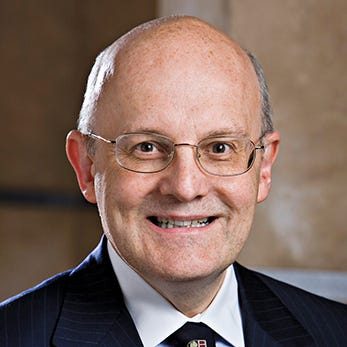September 18, 2023

Your client, Sally Smith, seeks your counsel about the disposition of her privately held company. She would like to leave a philanthropic legacy other than the conventional gifts to her community-based charities and alma maters. Rather dismayed with “big philanthropy,” she would like to be able to agitate for “structural change” through participation in the political process. She’s content to let the charitable donee find a buyer of her business. Fortunately for Sally, the U.S. Supreme Court has ruled that entities can spend money on electioneering communications and advocate directly for the election or defeat of specific candidates. “See Political Expenditures Allowed,” p. 33.

The next day, another client, Jack Jones, has a slightly di...
Unlock All Access Premium Subscription
Get Trusts & Estates articles, digital editions, and an optional print subscription. Choose your subscription now and dive into expert insights today!
Already Subscribed?








